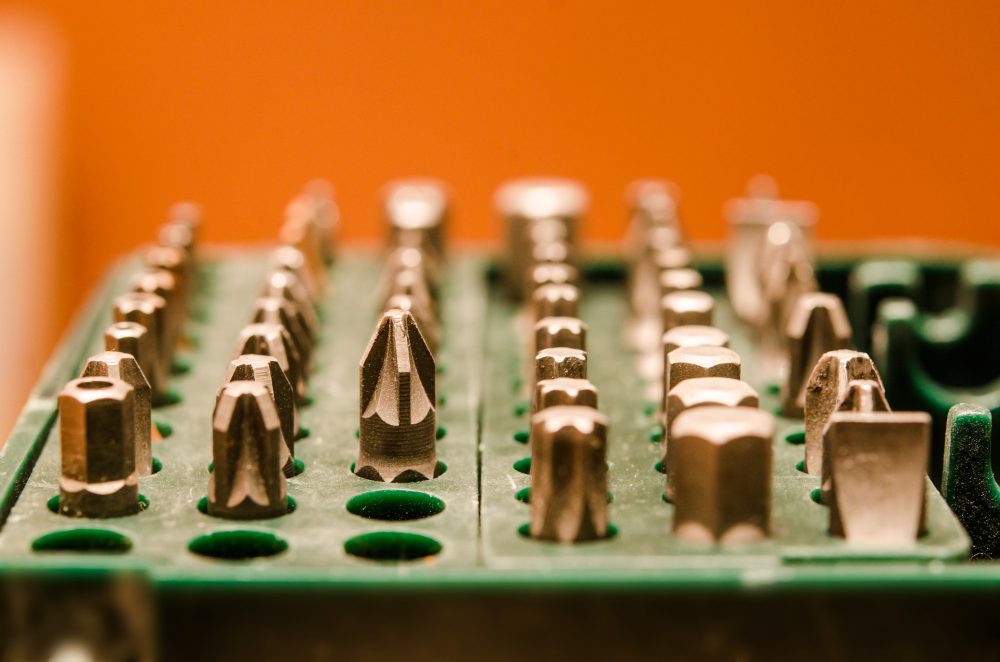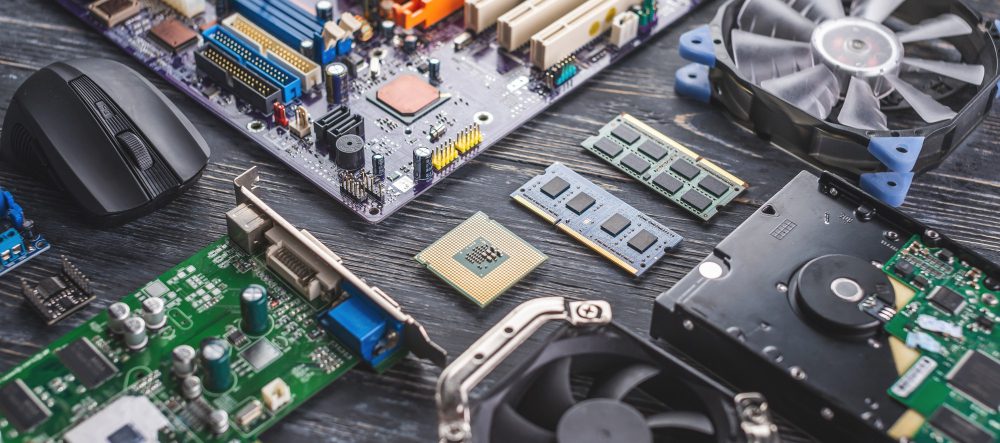Motherboards and Quantum Computing: What to Expect
Motherboards are the backbone of any computer system, and they play a vital role in defining the capabilities of the system. With the advent of quantum computing technology, motherboards are set to undergo significant changes to support the new computing paradigm. In this article, we will explore the impact of quantum computing on motherboards and how they will evolve in the future.
The Basics of Quantum Computing
Before we dive into the impact of quantum computing on motherboards, it’s essential to understand the basics of quantum computing. Quantum computing is a new computing paradigm that uses quantum mechanics to perform calculations. Unlike classical computing, which uses binary bits, quantum computing uses quantum bits or qubits. Qubits can exist in two states simultaneously, which provides quantum computers with an inherent advantage over classical computers.
The Impact of Quantum Computing on Motherboards
Quantum computing will have a significant impact on the design of motherboards. One of the most significant changes will be the addition of cryogenic cooling systems to keep the qubits at low temperatures. Qubits are sensitive to environmental noise, and even slight fluctuations in temperature or electromagnetic radiation can cause errors in calculations. Therefore, quantum computers require a highly controlled environment, which will require changes in the design of motherboards.
Another significant change that quantum computing will bring is the integration of new hardware components. Quantum computers require unique components such as qubit processors, cryogenic cooling systems, and quantum memory modules. Integrating these components into the motherboard will require a complete reimagining of motherboard designs.
The Future of Motherboards for Quantum Computing
The future of motherboards for quantum computing is exciting, and we can expect to see new designs emerge to support this new computing paradigm. One possible direction is the development of modular motherboards that can be customized for specific quantum computing applications. Modular motherboards will allow researchers and developers to swap out components and optimize the system for specific tasks.
Another possibility is the development of motherboards that support multiple quantum computing technologies. There are multiple quantum computing technologies, each with its unique strengths and weaknesses. Motherboards that support multiple technologies will enable researchers and developers to experiment with different computing paradigms and find the most suitable one for their applications.
Conclusion
In conclusion, quantum computing is set to revolutionize the world of computing, and motherboards will have to keep up with this new paradigm. We can expect to see significant changes in the design of motherboards to support quantum computing, such as the addition of cryogenic cooling systems and new hardware components. The future of motherboards for quantum computing is exciting, and we can expect to see new designs emerge to support this new computing paradigm.



